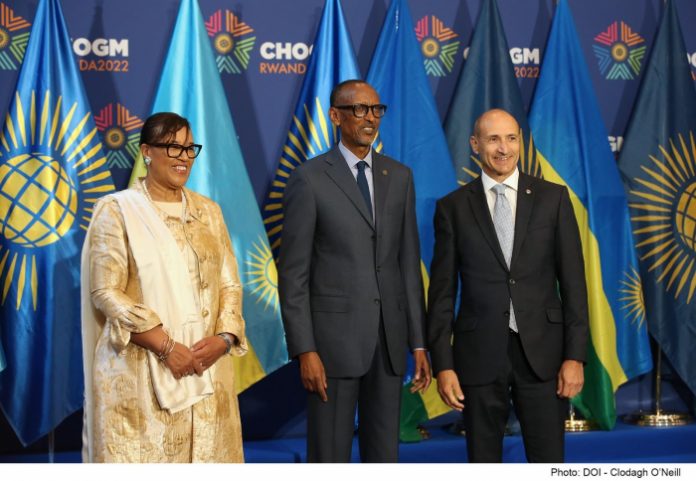Climate change, the protection of the rule of international law, the war in Ukraine and the need for an organization such as the Commonwealth to be better prepared for serious global threats in the field of health were key themes during the meetings of the Heads of Government of the Commonwealth, in Rwanda.
During these meetings, Malta, represented by Deputy Prime Minister and Minister for Health Chris Fearne, proposed that the possibility of raising the issue of globalization on future Commonwealth meetings be explored. health threats, such as antibiotic resistance and mental health, which are topics that affect all countries of the world and should therefore be discussed at international level.
Climate change, especially the way it affects small island countries, such as Malta, was also given priority during the discussions, while leaders acknowledged the global problems of food and food insecurity. energy.
“The two days of CHOGM meetings were intensive but important because there was a broad agreement between the 54 Commonwealth countries, which included the approval of two other members, Togo and Gabon,” he said. the Deputy Prime Minister. This was confirmed by Baroness Patricia Scotland, who was re-elected Secretary General of the Commonwealth for the next two years.
Both during the meeting of the Heads of Government and through the final statement, recognition was shown to the member countries that showed solidarity during the pandemic through vaccine donations, major among them our country, which gave around 700,000 dose of vaccine to other member countries of the Commonwealth.
During the same week of meetings in Kigali, the Deputy Prime Minister also addressed the Commonwealth Business Forum where he spoke about what the world learned during the pandemic, with particular reference to the experience of Malta. He emphasized the importance of all states around the world having equal access to medicines and the importance of cooperation between small countries in overcoming the challenges posed by small countries.
Deputy Prime Minister Fearne also organized an activity on antibiotic resistance, on behalf of the Global Leaders Group, which brought together a number of leaders along with experts from the World Health Organization and international organizations working. on this subject. Here it has been said that this is a problem, which in addition to impacting human health, also affects the health of animals, plants and endangers the environment and food safety. During this meeting, the experiences of various countries that are already experiencing this phenomenon were exchanged, which is currently contributing to about five million deaths a year, a number that is expected to increase in the coming years. Leaders recognized the need for joint action from now on so that the situation does not worsen.










